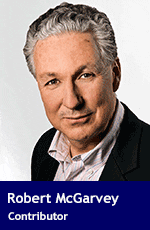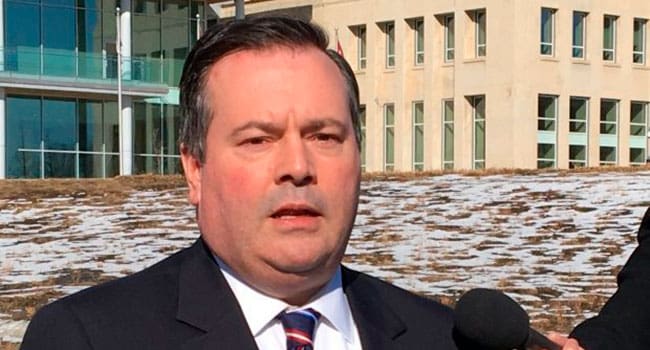 Jason Kenney, the newly-elected leader of Alberta’s United Conservative Party, has made it clear that Alberta Premier Rachel Notley has no business dictating how sex education should be taught in the Catholic school system.
Jason Kenney, the newly-elected leader of Alberta’s United Conservative Party, has made it clear that Alberta Premier Rachel Notley has no business dictating how sex education should be taught in the Catholic school system.
“It’s not for me or the premier to dictate to the Catholic education system how it teaches Catholic values,” he has said.
But isn’t intervening in defence of Canadian values the very purpose of government?
In Canada, governments large and small codify our values in the form of laws that, by definition, intervene in our lives. And they do so in areas that many consider religious. For example, the Quebec government has recently introduced legislation that would prohibit the facial coverings worn by Islamic women. Is that not a case of governments dictating values?
The idea of religious freedom is a central pillar of western culture.
Unlike many cultures, and even our own historically, modern western culture advocates that differing religious values are to be respected in a pluralistic society.
This broad-minded position on religion is an essential quality of our freedom. And it helps separate modern society from the bad old days of religious conflict.
Not so long ago, religious beliefs weren’t up to the individual in western culture. Religion was assigned at birth and individuals were thoroughly indoctrinated. It was thought a common religion’s core beliefs helped stabilize society by shaping its values and institutions.
In Europe during the Protestant Reformation, religion was a particularly heated subject. Monarchs and princes changed from Catholic to Protestant (or vice versa) and enforced their chosen religion on society with extreme cruelty. Common religious values were thought to be essential to political unity, so non-believers were hunted down and prosecuted mercilessly. They often ended up burned at the stake for the crime of holding unorthodox religious beliefs.
The idea of religious freedom and tolerant pluralism (as we understand it today) was hard won. It came only after centuries of intolerance, cruelty and war.
So is Kenney right? If we respect the principle of religious freedom, what right does the state have to impose values of its own?
Notley has a duty to ensure that the individual rights of Albertans are protected. And that includes protecting the rights of young people in Catholic schools to have differing values, even if those values conflict with Catholic beliefs.
The resolution of this religious paradox is complex. And it’s dependent on a unique compromise found in western culture.
Bitter religious war led western society to a unique bargain. To have both a stable society and one with a diversity of religious beliefs required compromise. Individuals were free to choose any religion. But their religious beliefs were to be held personally and must be secondary to that individual’s civic responsibilities.
So if you’re a strict Catholic, your religious beliefs may lead you to believe that LGBTQ lifestyles are to be discouraged and that those who participate in these lifestyles are denied God’s grace.
However, to meet your civic responsibilities, you need to cede society’s democratically-established values, which consider LGBTQ lifestyles perfectly legitimate and a fundamental human right.
So whether Notley can legitimately intervene in the Council of Catholic School Superintendents of Alberta’s proposed sex education program is complex.
Yes, the law protects Catholic schools in Alberta. They’re entitled to promote Catholicism and its values. In that sense, Catholic sex ed is beyond the reach of a provincial premier.
But if we’re to simultaneously have religious freedom and preserve our pluralistic society, the more liberal values of society must be recognized.
It’s complicated, but it’s a complication that has allowed Canadians to enjoy a religious freedom too often denied in other nations.
Disputes are bound to erupt when religious values and societal values clash. And every religion will face these conflicts.
The secret to preserving civil order in the face of this complexity is to compromise. That creates the freedom that allows us to live and prosper together in peace.
Robert McGarvey is an economic historian and former managing director of Merlin Consulting, a London, U.K.-based consulting firm. Robert’s most recent book is Futuromics: A Guide to Thriving in Capitalism’s Third Wave.
Robert is a Troy Media Thought Leader. Why aren’t you?
The views, opinions and positions expressed by columnists and contributors are the author’s alone. They do not inherently or expressly reflect the views, opinions and/or positions of our publication.

